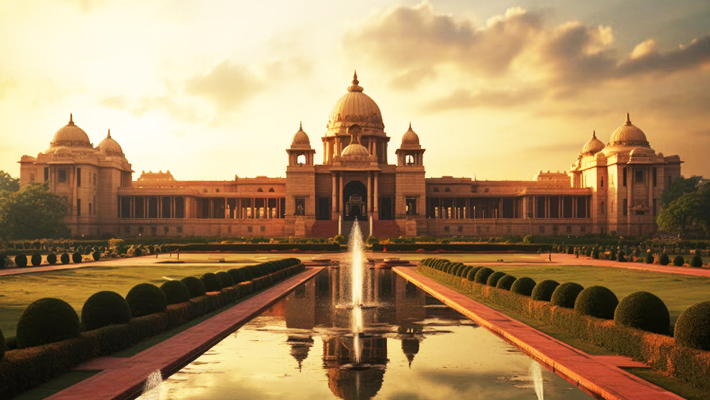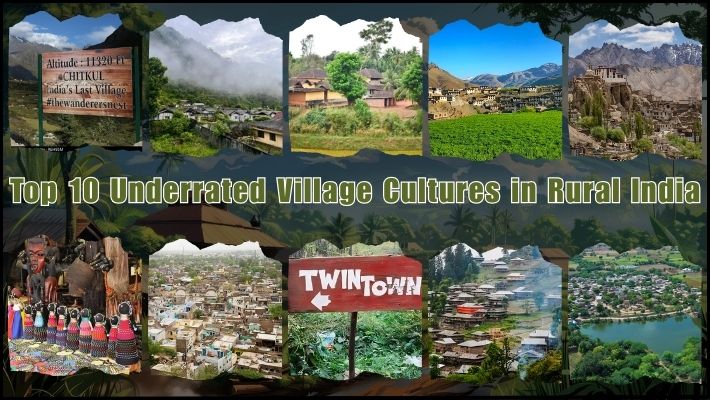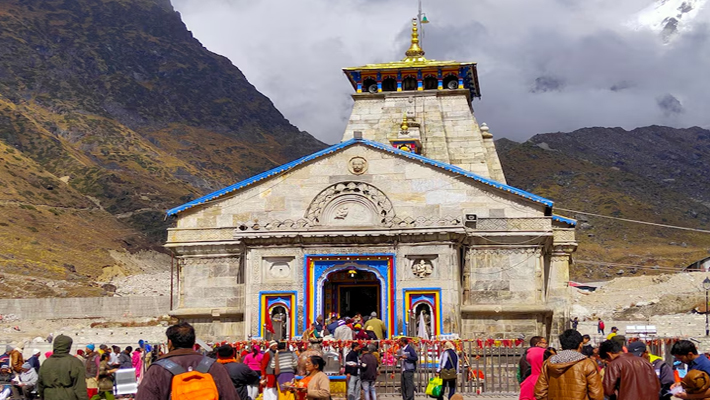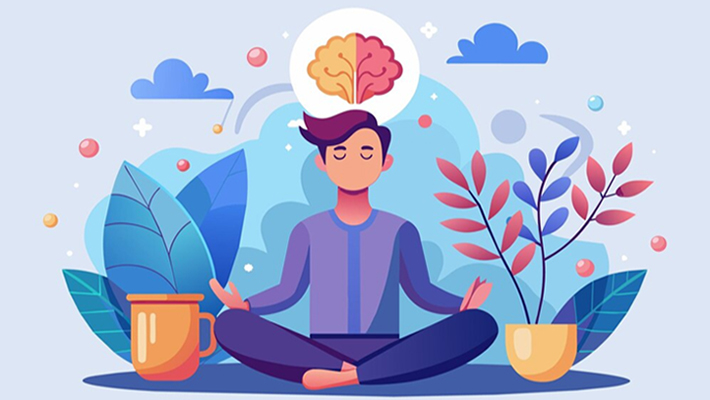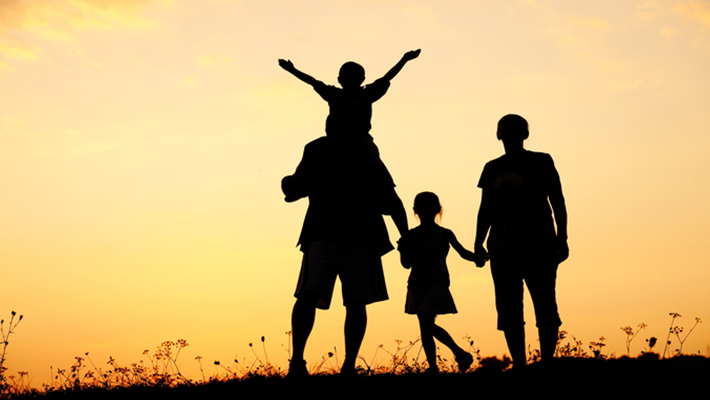
This age’s digital era has revealed that while more and more people use social media and mobile platforms to stay connected, ‘inclusion’ is experienced more outside the family than within. This emerging phenomenon is posing a challenge to the prevailing family ecosystem.
If there is one cohesive, cementing force at the heart of traditional Indian society — a single, powerful strand which for centuries, has woven the tapestry of our rich, social fabric replete with diversity, into a whole — it is our family system.
The family, in Indian society, is an institution by itself and a typical symbol of the collectivist culture of India right from the ancient times. The joint family system or an extended family has been an important feature of Indian culture, till a blend of urbanisation and western influence, began to affect in home and hearth. This is especially true of urban areas, where nuclear families have become the order of the day. There is no denying the fact that socio-economic factors have played their role in the joint family system getting diluted.
The feeling of inclusion is the key driver of happiness in the family. It is in this context that inclusion and diversity, which are closely knitted constructs, assume great importance. Lack of in-depth perspective in this domain can lead to potential disintegration of the family. A spiritual approach can help in addressing this issue more proactively and positively.
Inclusion refers to behaviours that ensure people feel that they belong, whereas diversity is all about the traits that make people unique. This distinction is the result of inherent tendencies, vasnas, unmanifest desires, that a person is born with as a result of past karmas. They contribute in shaping one’s subtle personality. Being subtle, it is invisible, intangible and imperceptible; it becomes rather difficult to bring about changes in a person’s behaviour. It is wise to accept people as they are— including near and dear ones —and not push our dogmas on to them. We need to also respect and accept others’ views. This is easier said than done because of our ego, unless we skip the ‘e’ and let it ‘go’.
Diversity and inclusion is all about embracing one another’s uniqueness, respecting views and choices with empathy and compassion. As Gandhiji said, ‘Our ability to reach unity in diversity will be the beauty and the test of our civilization.’


